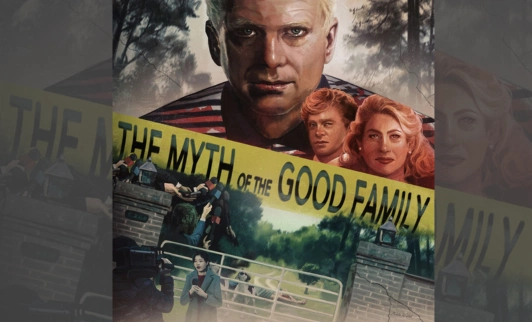The corpses start to fall in the summer of 2015. On July 8, Stephen Smith, 19, was discovered dead in the middle of a road in Hampton County, South Carolina.
Smith is homosexual, and his mother thinks he was murdered in a hate crime by “several local Hampton County youths from prestigious families,” according to a newspaper.
Gloria Satterfield, a long-serving maid for a famous local family, is discovered dead at work in 2018 from “a trip-and-fall accident.” Nothing unusual, until the money from her insurance policy is supposedly sent to her lawyer rather than her two surviving sons.
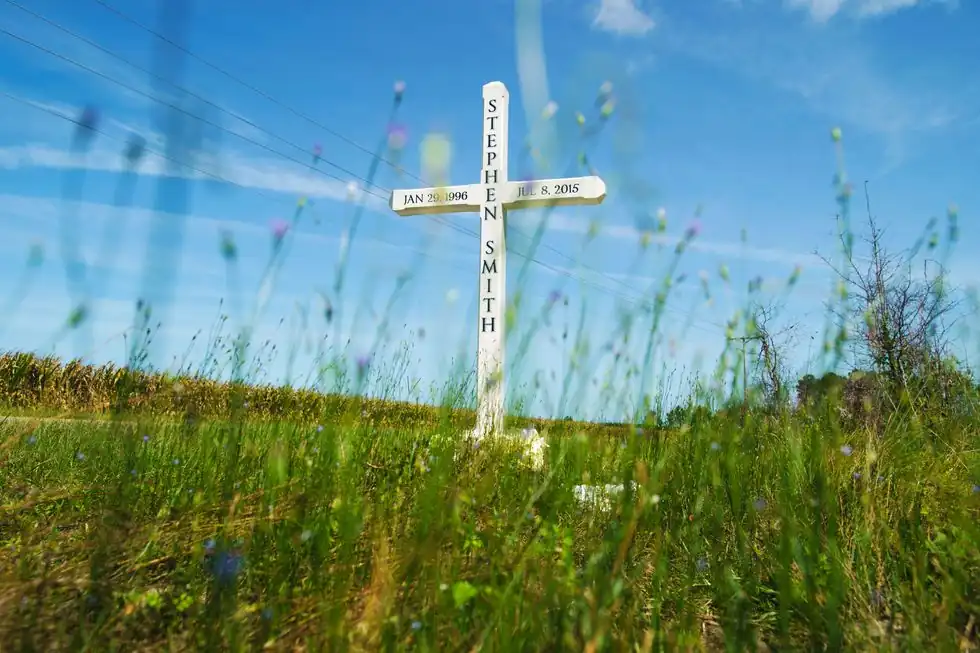
A year later, in February 2019, a drunken 19-year-old affluent boy drives his family’s boat into a bridge at 2 a.m. Mallory Beach, which is 19 years old, is at his side. She is flung from the boat and murdered instantaneously.
A name emerges from the flotsam of these inexplicable but somehow linked fatalities, a name that shocks the South Carolina town where the killings occur when it is reported in headlines across the world, drawing the eyes of justice—and the media—to this corner of the Lowcountry.
It is a name that the police immediately recognize when, at 10:26 p.m. Sergeant Daniel Greene drives through the stone gates of a 1,700-acre family hunting estate at 4147 Moselle Road in Colleton County, South Carolina, on June 7, 2021, to discover a 52-year-old mother and her 22-year-old son “lying on the ground,” shot with a rifle.
It is a name that the media frequently hears—never in this context, but on the other side of the law.
Because of the names and public nature of these two fatalities, local law enforcement investigates the deaths of Stephen Smith and Gloria Satterfield and uncovers a deadly network of cascading crimes and growing intrigue.
And in the midst of it all, seemingly involved in a plethora of cases and possibly more to come, is that name, that very famous name, the name that stops investigators and the general public in their tracks.
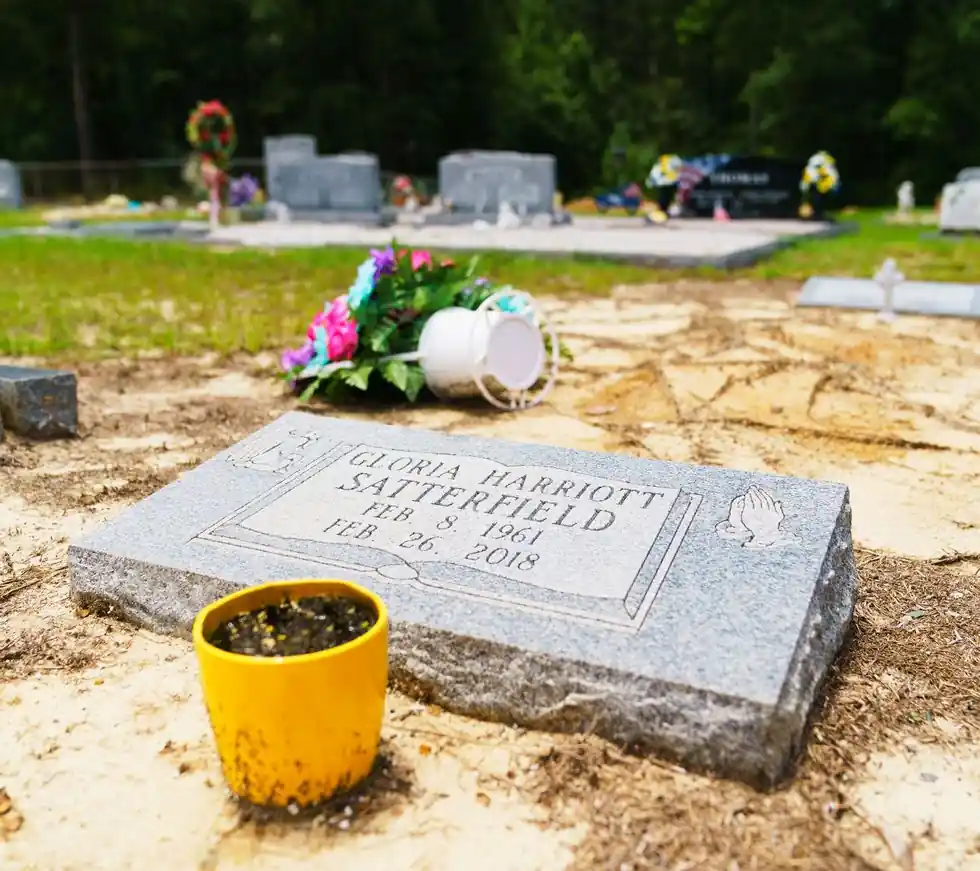
Murdaugh Territory
Much of South Carolina’s five-county 14th Circuit District is an idyllic coastal paradise of salt marshes and glistening waterways known locally as “Murdaugh Country” after the family that has ruled here for nearly 100 years.
From 1920 through 2006, three generations of Murdaughs led the local district attorney’s office. They were the law, in charge of pursuing any state offenses committed within the boundaries of the district.
As the patriarch, Randolph Murdaugh Sr., founded a civil litigation law firm in his hometown of Hampton, South Carolina, in 1910, the power of the Murdaughs rippled out in all directions, like the seawater in their domain.
Randolph Murdaugh Sr. founded a local newspaper in addition to serving as 14th Circuit solicitor beginning in 1920. He would almost certainly have prolonged his rule had it not been for a vehicle accident in 1940 that killed him at the age of 53.
He was replaced by his son Randolph Murdaugh Jr., who served from 1940 until 1986, extending Murdaugh’s dominance.
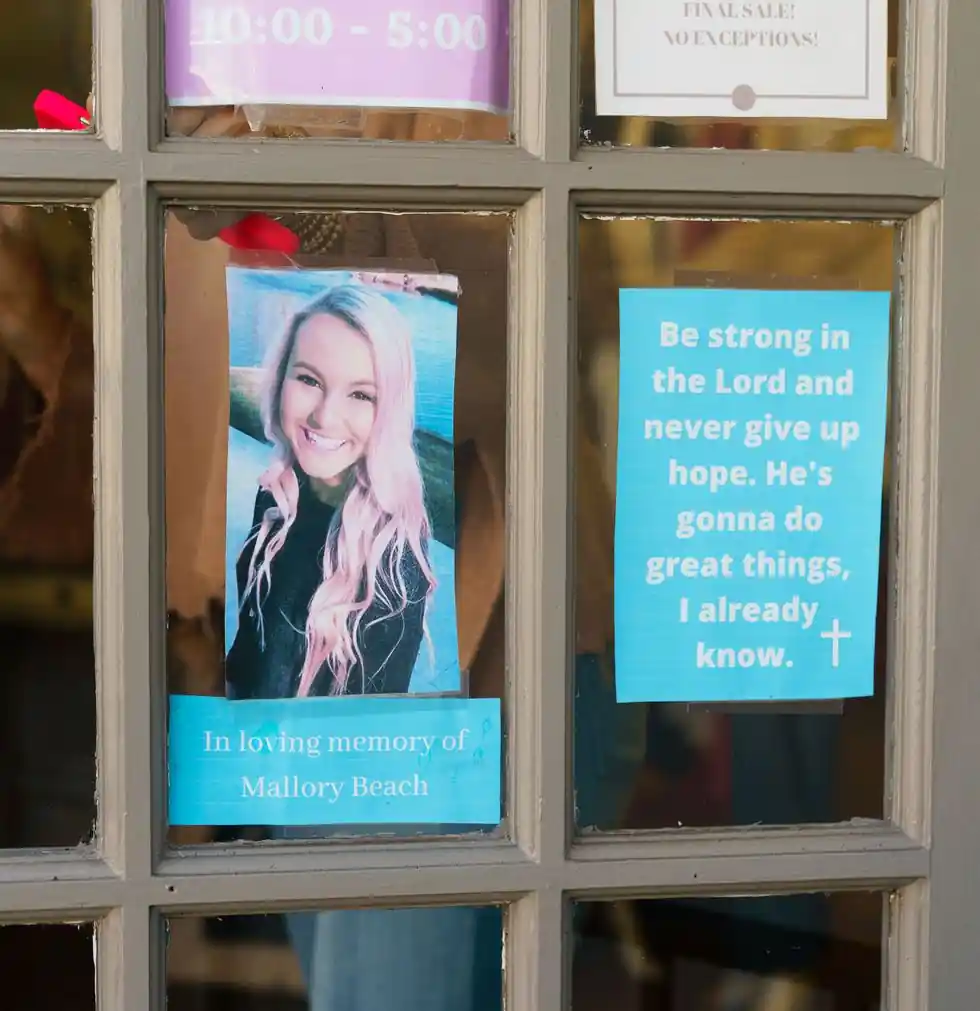
But he was not without flaws: in 1956, a federal grand jury indicted Randolph Jr. in a “liquor conspiracy” case after a bootlegger testified that Murdaugh advised him to move his still to a neighboring county to avoid the cops. But he was soon acquitted.
“During the trial, ‘Old Buster,’ while serving as the elected solicitor, was accused of conspiring with bootleggers,” South Carolina attorney Joe McCulloch explains.
“He was acquitted, but the federal trial judge chastised him for jury tampering.” Within months following the verdict, he was re-elected as a solicitor with a landslide.
Of course, he benefited from the Murdaughs’ control of the prosecutor’s office for decades, all while running a money-making private legal company. Some have described Murdaugh’s seven-decade reign as “sovereigns lording over their fiefdom, with literally no adult supervision.”
As with everything Murdaugh, the fall of the family was massive. The murders of Margaret and her son Paul Murdaugh at the hunting estate were made public on June 8, 2021. For starters, the spotlight was not just on the two fatalities, but also on the living: Alex Murdaugh, the victim’s husband, and father, and his sole remaining son, Buster Murdaugh, 25.
How could Alex and Buster continue after the horrifying killings of Maggie and Paul?
Alex Murdaugh’s brothers, John Marvin Murdaugh and Randolph “Randy” Murdaugh IV, broke their silence on Good Morning America, both in tears, revealing that their nephew Paul, who was allegedly at the helm of the boat when Mallory Beach was killed in 2019, had been threatened online just days before the double homicide.
Yet, as the story of his wife’s and son’s deaths unfolded in the days, weeks, and months to come, prosecutors would claim that lawyer Alex Murdaugh was not only the victim of these heinous crimes, but also the perpetrator, at the center of a web of murder, insurance fraud, drug addiction, conspiracy, and coverups—culminating not only in his allegedly commissioning (or duping) his distant cousin, client, and allies.
Why? As a result, he was able to leave Buster the profits of his $10 million insurance policy. “It was the craziest situation I’d ever been involved with,” Smith said of the shooting to the New York Post. “I was put up to be the scapegoat. And those photos of me in the newspaper! This morning, I was gazing at them. They wouldn’t let me take a shower!”
“Eddie is shocked, saddened, and disheartened by Alex Murdaugh, who continues to put him in danger,” Smith’s attorney, Aimee Zmroczek, adds.
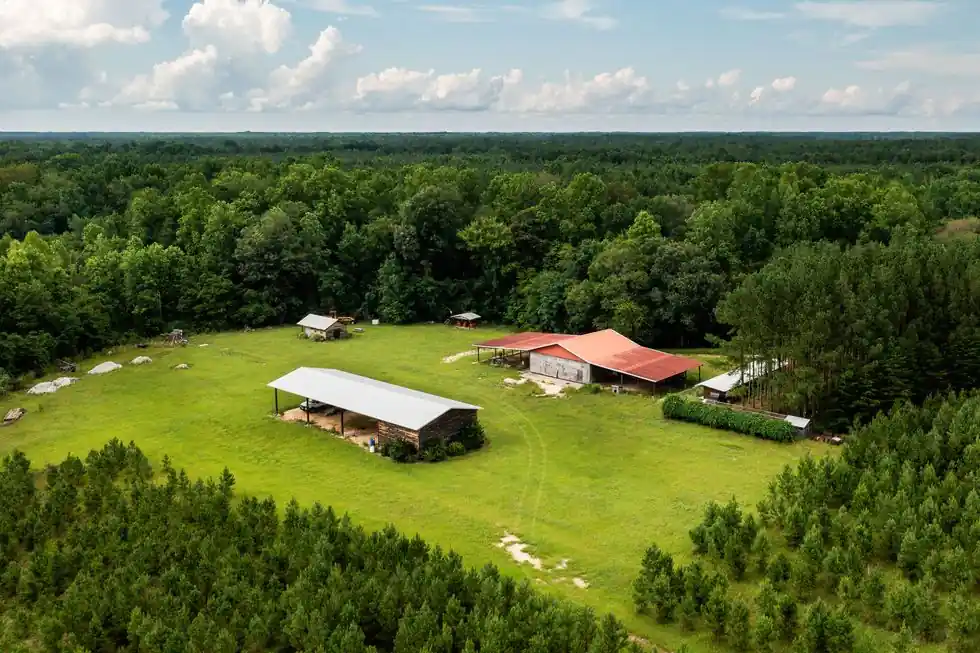
“It’s difficult to understand the actions of this person he thought he knew; it’s even more difficult to understand Alex’s continued use of him.” It is my job to shield Eddie from that selfishness, and I will continue to do so until all of the information is given.” (As well she should, since Murdaugh’s legal team filed a petition on October 14 recommending that Smith be considered a suspect in Margaret and Paul’s killings.)
Margaret had just visited with a divorce counsel after 27 stormy years of marriage, and her husband was in serious financial problems with his law practice and even further into a 20-year oxycodone addiction. Margaret texted a buddy, “It’s fishy,” according to People magazine. “He’s up to something, but I don’t know what.”
But Alex insisted that he was at his dying father’s bedside just before discovering the bloody bodies that June evening. He wept as he dialed 911 from the crime site, “Neither of ’em is moving… Please hurry!”It’s not good.”
The news kept flowing, and then it stopped for over a year. “There hasn’t been a single lead on the murders since day one.” “There’s nothing,” one fact-deprived local informed me in January, before participating in a new local pastime: speculating.
“Given his financial problems, it certainly seems plausible to me that Alex would have hired someone to murder his wife, and I have to assume that he would have done so unaware that his son would be present.” Too much of a coincidence that he was heavily in debt, maybe about to be exposed by his employer for it, and was attempting to buy his way out.”
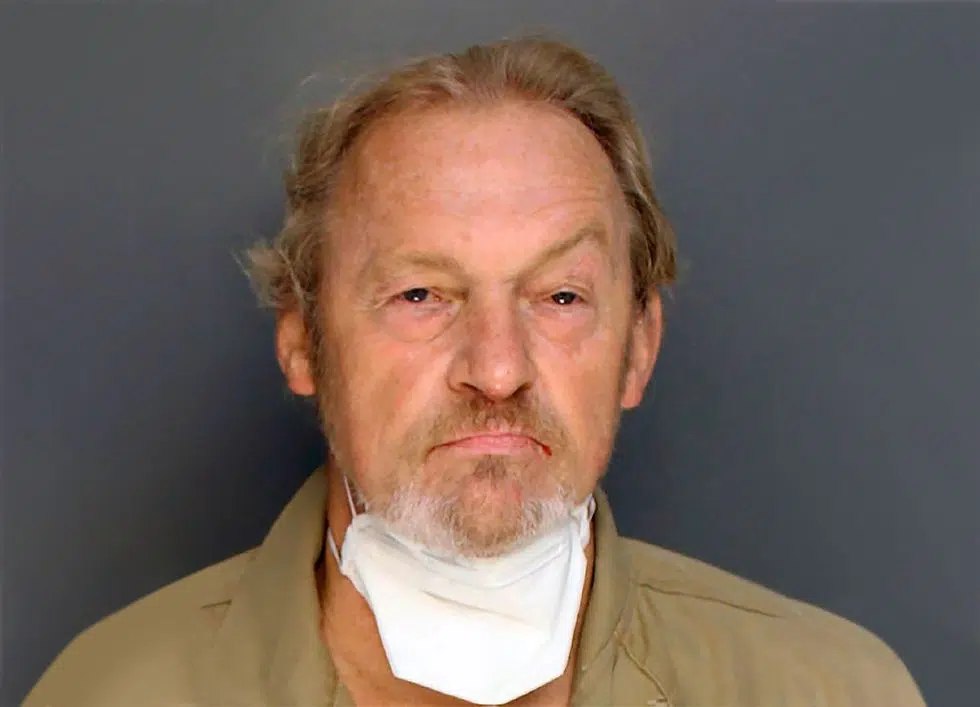
Finally, on July 14, Alex Murdaugh was charged with killing his wife and children on two counts. “Alex wants his family, friends, and everyone to know that he had nothing to do with Maggie and Paul’s murders,” his attorneys said in a statement. He loved them more than anything else.”
“Our position is that he’s going to be acquitted,” Alex’s lawyer, Richard Harpootlian, told me in October. “We want a quick trial so he can be acquitted and law enforcement can move forward in finding Maggie and Paul’s killer.” We expect the truth to come out during his trial. We will not comment on the conjecture. I’m concentrating on trial preparation so that the jury hears the facts, not conjecture.”
In any case, what occurred at the hunting lodge was heinous. Both fatalities were shot many times, one with an assault rifle and the other with a shotgun. It was so brutal that even seasoned detectives were taken aback.
“Based on what’s been made public thus far, the shooter shot the son in the back while the son was taking a video of his friend’s dog, which he was dogsitting,” says Bobby Chacon, a former FBI agent turned criminal analyst.
“Once this shot was fired, the wife may have fled, and the shooter then switched to the other weapon, either slinging the shotgun or dropping it and picking up the rifle, which he then used to shoot the wife.” Then he approaches her and shoots her again.”
“Don’t trust your soul to no backwoods Southern lawyer,” country singer Reba McEntire sings in her rendition of Vicki Lawrence’s 1972 murder ballad “The Night the Lights Went Out in Georgia.” “Reba said it best,” someone said on the Murdaugh Family Murders Reddit site.
However, at first, the family gathered around their bereaved brother. “It’s just hard to imagine somebody being so sick as to do this—intentionally kill people like that,” Randy Murdaugh remarked on television, breaking down in tears. “I mean, we see it all over the place. We hear about it in the news. But you don’t think it’ll happen in your small town, to your family.”
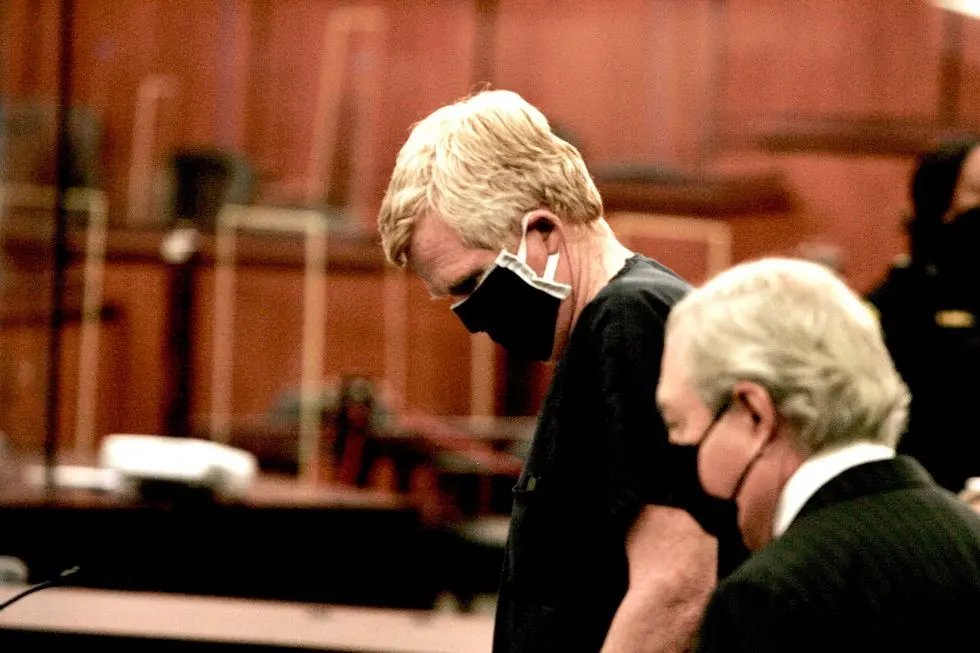
What the brothers didn’t discuss on Good Morning America—and perhaps didn’t realize—was that the mounting drama surrounding the murders was the result of something hardwired into the American identity, something that unfortunately allows secrets to fester and misdeeds to go unpunished: the archaic notion that certain families are destined to rise to the top in our society.
The “good family” is an image that is built up in the public’s eyes, on television, and in publications, like an overinflated balloon. It is rich, successful, powerful, and, from the outside, happy.
And time after time, so often that it has become a part of our communal experience, it bursts with a divorce, scandal, financial reversal, or crime, drawing the baying hordes who watch with wicked delight and wonder, “How?”
“Do You Own a Gun?”
It’s the fall of 2021, and I’m desperately trying to join the horde of reporters who have descended on Hampton County, South Carolina, a rowdy state described by Charleston politician James L. Petigru in 1860 as “too small to be a republic but too big to be an insane asylum.” They call us “parachute journalists,” the ones who drop from the sky into previously unknown locales for a few days, weeks, or months of reporting, and then
Journalists from every television network, as well as People, the New York Times, the Wall Street Journal, and other national publications, have descended on the Murdaughs’ hometown of Hampton (population 3,000), mystified, intrigued, and scandalized by the prominent attorney at the center of the drama, the latest episode in America’s obsession with true crime.
Journalists have been coming to far-flung murder sites and the front doors of shell-shocked villagers since Truman Capote rode a train to Holcomb, Kansas, in 1959 to document the killings of a farm family for his 1966 true crime book In Cold Blood.
A family name, the greater the better, is a bonus. “People think, if I had their money, my life would be so much better,” Bobby Chacon says. “They forget that money and greed are two of the oldest motivations for violence.”
The demise of any prominent family is followed by the spotlight. “There’s this fantasy that other people have perfect lives,” Meryl Gordon, author of Mrs. Astor Regrets: The Hidden Betrayals of a Family Beyond Reproach, explains.
“We elevate families, especially if they have a well-known name, are extremely wealthy, or have accomplished great things.” There is a longing, a want to be like them. “But usually, as you get closer, you discover that they have problems,” says Gordon, whose most recent book is on philanthropist and landscape designer Bunny Mellon.
“When I was writing about famous wealthy families, I thought to myself, Wouldn’t it be great to have Bunny Mellon money or to be Brooke Astor, where everyone wants to know you?” If they fall from grace, it’s disheartening, followed by the realization that they’re just like us, and, of course, schadenfreude.”
I digested the dreadful news from a safe distance for months. “The Unraveling of the Murdaugh Dynasty: Unsolved Murders, Insurance Fraud, and Missing Millions,” Wall Street Journal, September 23, 2021. Greenville News, January 26, 2022, “Power, Prestige, and Privilege: Inside the Rise and Fall of the Murdaugh Dynasty in South Carolina,”
But first, I made a few phone calls before parachuting into Hampton County (through the Savannah/Hilton Head airport). “The boating accident was shady from the start,” claimed one of the numerous locals who followed the case. “It took far too long to get to the actual charges.”
“It’s a Boss Hogg kinda thing,” former civil rights attorney Lewis Pitts, who worked in the Lowcountry, said, alluding to the dishonest sheriff of Hazzard County who would do virtually anything for money on the ’80s TV show The Dukes of Hazzard.
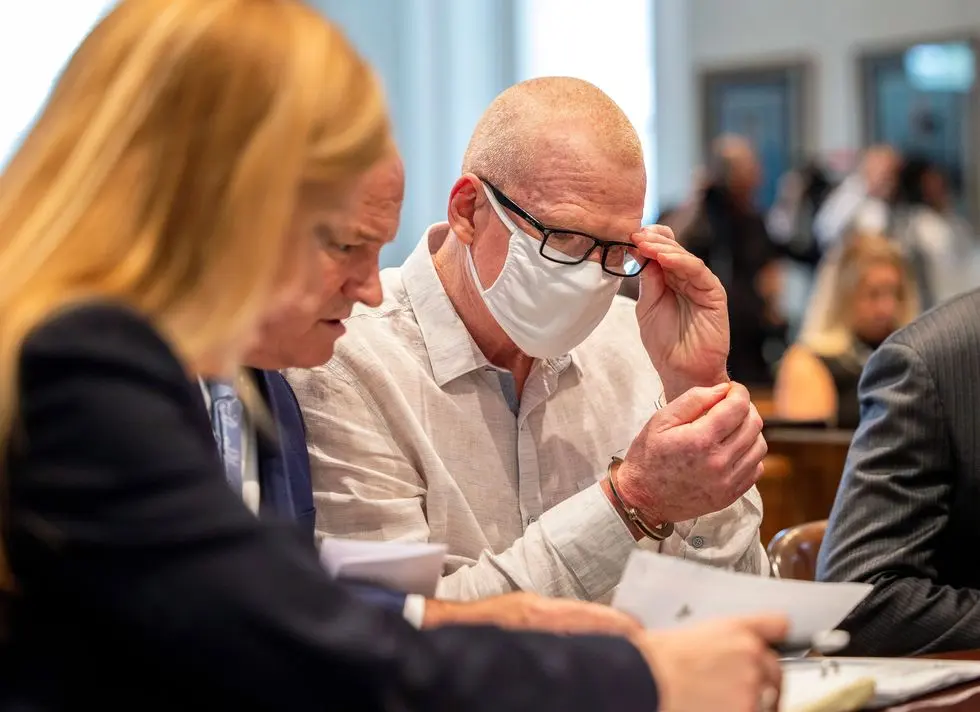
Finally, I phoned experienced South Carolina legal affairs writer John Monk, who half-jokingly recommended that I bring a weapon in addition to my parachute. “What kind of spell could you conjure up with your writing?” he asked, adding that I may attempt to mimic the excellent work of Rachel Kaadzi Ghansah, who won a Pulitzer Prize for her 2017 GQ piece “A Most American Terrorist,” on the case of Dylann Roof, the 2015 Charleston church mass murderer.
“She cast her spell on something that has received a lot of attention. I know a lot of the players since I’ve lived here for a long time. “You could parachute in with a lot of attitudes, but unless you spend a lot of time here and get to know the locals, the story will elude you,” he continued with a grin, “and you better hope you don’t get killed.”
“Five people close to the Murdaughs have died violently.” Why would a word of warning not be appropriate?”
I took a deep breath and asked what he meant, and he laughed again. “In the last few years, five people in the Murdaughs’ orbit have died violently,” he claims. “Why wouldn’t a word of caution be appropriate?”
Along with the media hellhounds came an even more voracious pack. “The Hollywood production companies and global streaming services, battling for exclusive access and insights,” Will Folks, editor of the South Carolina-based FITSNews service, stated on September 3, 2021.
Folks and his staff had been “inundated with all manner of proposals,” their phones ringing “with out-of-state area codes,” even though the truth about some of the mysterious events “will forever remain known only to the backroads of rural South Carolina.”
He added, “One of the producers pitching me on an ‘advisory deal’ earlier this week sounded as though she were already framing shots.” ‘It’s the ideal place,’ she said, ‘the perfect background.’ “
Folks responded, “Listen before we start handing out cinematography awards and selecting the most brooding soundtrack music to accompany all of these cookie-cutter true crime productions, I feel obligated to remind the salivating vultures currently circling over Hampton County, South Carolina, that this ‘perfect’ story involves any number of victims who are currently awaiting justice.”
Deals were quickly revealed. “The true crime story of the Murdaughs, which includes money, power, family drama, corruption, local politics, drugs, and murder, is the subject of a drama series, which is in development at UCP, a division of Universal Studio Group,” Deadline reported on April 27, 2022.
The Murdaugh Murders podcast, hosted by local journalist Mandy Matney, has been named number one internationally for 2021, according to the podcast’s marketing website. Matney is a forerunner in the contest to “own” the Murdaugh narrative since he got in early.
The lawyers, of course, are watching over everything. “You can’t toss a dead cat at a bar meeting without hitting a lawyer involved in the Murdaugh case,” says Joe McCulloch, who represents one of Paul Murdaugh’s passengers in the catastrophic boating accident.
“What does this story lack?” “Mystery, tragedy, shady lawyers, multiple murders, gang affiliation, drugs in abundance, and dozens of victims.”
The tale has now gone viral, with goods such as Murdaugh Murders T-shirts, coffee mugs, and baseball hats available online. “I heard there’s a guy from the New Yorker, a couple of book authors, Netflix, HBO, Oxygen, 20/20, Dateline,” local writer Jason Ryan, author of Jackpot: High Times, High Seas, and the Sting That Started the Drug War, told me in early October.
“The revelations have been relentless and dizzying, to the point where the story has outgrown itself, becoming its world made up of many smaller, Southern Gothic-style tragedies all tied together by a slew of dead bodies, missing money, and one family’s tremendous fall from grace.”
However, as is customary, the reason for the Murdaugh family’s implosion is almost as intriguing as the implosion itself.
The letter P stands for Paydirt.
“It’s the stories we can’t tell that kill us,” author Pat Conroy once said. Conroy understood this not just because he was a leading author of the family secrets book, but also because he was born in Murdaugh country.
“He often said that all of the kids in his family were damaged in different ways, not only by the abuse itself but by keeping it bottled up,” Conroy’s widow Cassandra King told me 40 miles from the Beaufort, South Carolina, home she shared with her husband.
Some of Conroy’s secrets were revealed in his most famous novel, The Prince of Tides. It tells the terrible tale of the Wingos, a Lowcountry family ruled by an oppressive, cruel father, and was first published in 1986.
The Wingos are driven apart by a horrible childhood episode involving rape and brutal revenge, which Tom Wingo (played by Nick Nolte in the 1991 film) would later relate to a New York City therapist (Barbra Streisand) after his sister’s latest failed suicide attempt.
According to King, the Murdaughs’ tale may be even more bizarre than the fictitious Prince of Tides. “It has everything: good-old-boy politics in the Deep South, family dysfunction worthy of Pat Conroy, murder, corruption, addiction… Yep, a Conroy novel.” “I can’t tell you how many people have said to me, ‘I’d love to hear Pat’s perspective on this.'”
“His family was coerced by the times, by his mother, by his father’s insistence that no one ever reveal anything about the abuse that went on,” she adds, “and he would undoubtedly focus on whatever toxic family secrets lay within the Murdaughs.”
The tales we can’t say are what destroy us.
This is the tragic tapestry of certain blueblood American families who, like their homes, seem lovely on the outside but are tormented on the inside, a heartbreaking tribute to the secrets these families retain and tell again and over again.
On January 31, 1982, their first wife called Kathleen McCormack goes missing, and a close friend, Susan Berman, is discovered killed in her Los Angeles home.
A guy disguised as a woman flees to Galveston, Texas, where he is apprehended but acquitted of murdering and dismembering a neighbor, Morris Black.
The name of the man later convicted of killing Berman is recognized in New York for rejuvenating Times Square and building the still-ticking National Debt Clock, the planning for which started before the technology to make such a billboard-size device was even available.
Unlikely as Fiction
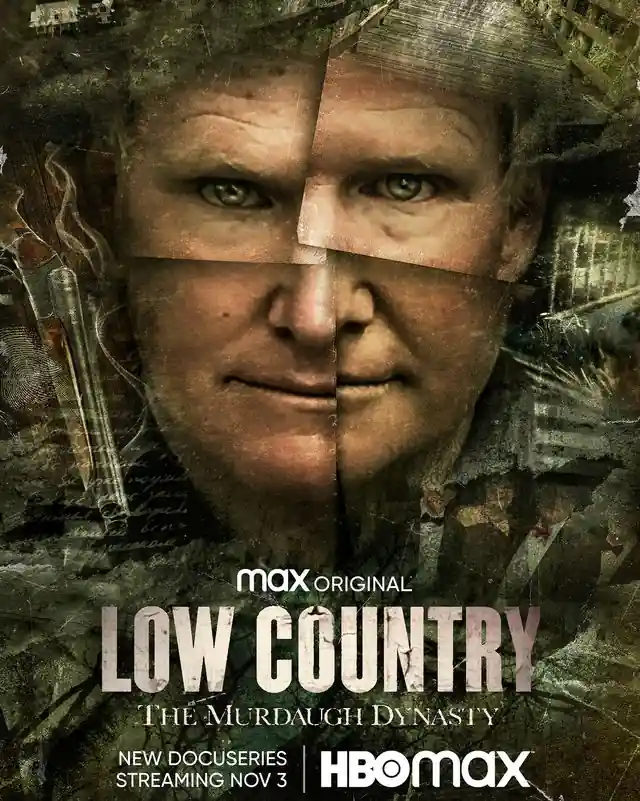
Durst has been connected with “principles of innovation, integrity, community, and sustainability” over the last 100 years, according to the family foundation website. It will now be known for a family secret, a festering wound that led to family scion Robert Durst being arrested and convicted of murder.
The heir to one of America’s most renowned fortunes supports Villanova University’s wrestling program and constructs an outstanding sports arena—all while insisting on becoming the team’s head wrestling coach.
He becomes the director of the Delaware Museum of Natural History after establishing it and writing numerous books on birds. Following the death of his beloved mother in 1988, he begins to see ghosts in his home and quickly becomes obsessed with one of the wrestling coaches he has hired, Dave Schultz, an Olympic gold medalist preparing for a comeback at the 1996 Atlanta Games.
Police are summoned on January 6, 1996. Schultz was shot and died, and the man apprehended for the crime will astound the world: John du Pont.
The number of legendary families brought down by infamous occurrences is endless. Different demons undoubtedly motivated these affluent people, yet their shameful fates are similar in many respects. Murdaugh is the family name that, in the still-developing scandal, may overshadow them all in the Myth of the Perfect Family.
I’m still attempting to obtain a piece of the action, either via a parachute or by pure determination, hoping to land in that sweet position where you own all or part of a tale.
But, in some ways, we are all responsible for this dreadful story, as well as all the others that spring from the shady ground of American family secrets in a world addicted to true crime. “When the Murdaugh trial is over, people will move on to the next high-profile case,” says Dr. Shari Schwartz, a forensic psychologist who studies how the public sees offenders. “However, the victims’ families have already begun to serve a life sentence of pain and trauma.”
The Murdaughs, like all the other families, will be remembered not just for the good they accomplished, but also for the secrets they left behind. It will become part of the cultural legacy of America, a country whose secrets are all too often etched in blood, as it is told in the misdeeds of their progeny, as well as in novels, podcasts, television programs, and films.
